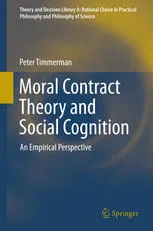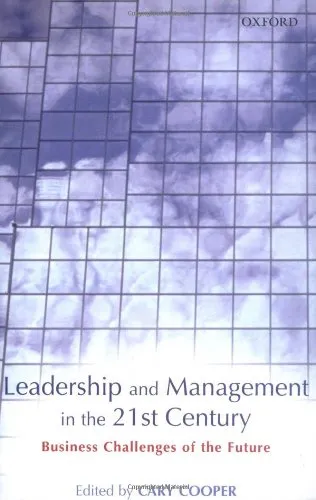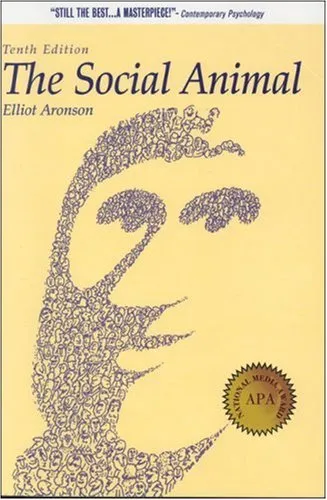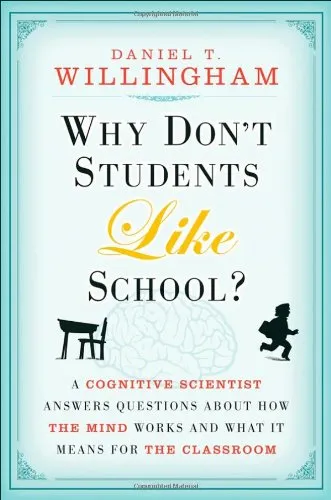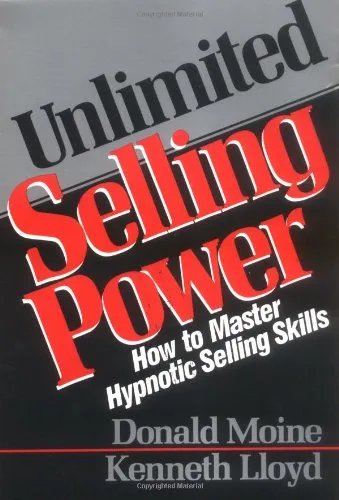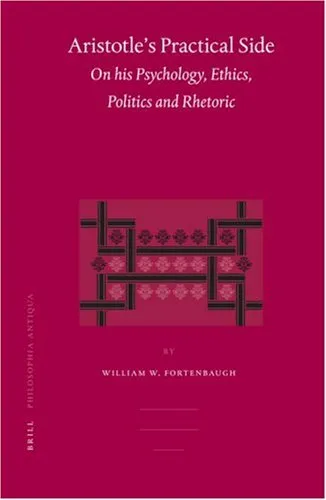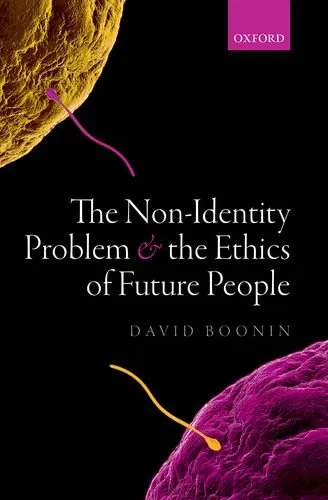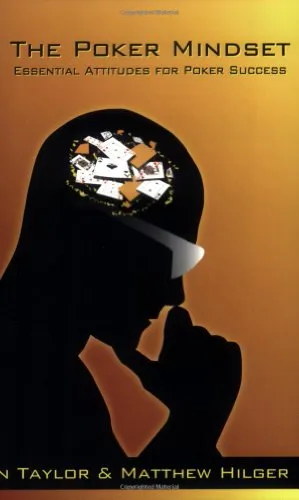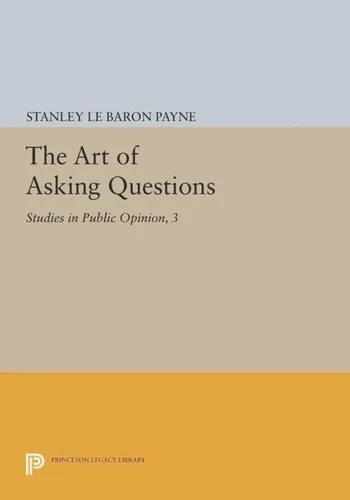Moral Contract Theory and Social Cognition: An Empirical Perspective
3.5
Reviews from our users

You Can Ask your questions from this book's AI after Login
Each download or ask from book AI costs 2 points. To earn more free points, please visit the Points Guide Page and complete some valuable actions.Related Refrences:
Introduction
Welcome to an exploration of one of the most compelling intersections of philosophy, psychology, and social science. "Moral Contract Theory and Social Cognition: An Empirical Perspective" is a book that seeks to bridge the ancient philosophical underpinnings of moral contract theory with modern advancements in social cognition research. In a world that increasingly grapples with questions of ethics, cooperation, and collective decision-making, this book offers a groundbreaking perspective by bringing empirical data into direct dialogue with theory.
Written with a multidisciplinary audience in mind, this book appeals to philosophers, psychologists, social scientists, and any reader interested in understanding the basis of human cooperation and moral reasoning. Through its pages, the framework of moral contract theory is not only reexamined but rather contemporized, offering fresh perspectives supported by cognitive and empirical science. It provides a nuanced lens to comprehend why we make moral decisions and how trust, reciprocity, and cooperation influence both individuals and societies at large.
Summary of the Book
At its core, "Moral Contract Theory and Social Cognition: An Empirical Perspective" examines the philosophical concept of the moral contract—a conceptual agreement individuals adhere to for mutual benefit—and places it under the microscope of modern social cognition. The book traces the intellectual lineage of contractarian ethics, diving into the works of foundational thinkers like Hobbes, Locke, Kant, and Rawls, while also addressing critiques of the theory.
What sets this book apart, however, is the incorporation of empirical studies from the cognitive and social sciences. How do our brains intuitively process concepts like fairness, trust, and moral responsibility? How do our innate cognitive mechanisms interact with socially constructed norms? By answering these questions, the book bridges the gap between theoretical philosophy and practical, observable human behavior.
Delving into various topics—such as moral heuristics, the role of emotions in moral judgment, and cultural variations in moral frameworks—the book paints a rich picture of how and why human practices of moral agreement evolve. From exploring game theory experiments to neuroscientific research on empathy and reciprocity, every chapter builds toward a comprehensive understanding of moral cognition in the context of contractual obligations.
Key Takeaways
- Moral contract theory, while rooted in philosophy, has practical implications when viewed through the lens of modern cognitive science.
- Concepts like fairness and trust are not merely abstract ideas but are supported by biological and neurological evidence.
- Empirical research enriches our understanding of long-standing debates about human nature and morality, providing new tools for resolving ethical dilemmas.
- Cultural and individual variability challenge the universality of moral contract theory, but they also broaden its applications in a diverse world.
- Understanding moral cognition has implications beyond morality; it provides insights into social cooperation, conflict resolution, and institutional trust.
Famous Quotes from the Book
"A moral contract is not just a product of reason but also of emotion, shaped as much by our capacity to empathize as our ability to calculate mutual benefit."
"The line between self-interest and collective good is where the moral contract thrives—and where it is most often tested."
Why This Book Matters
This book is not merely an academic exploration but a timely contribution to ongoing conversations about morality and cooperation in a fragmented world. As humanity confronts global challenges—from climate change to political division—understanding how and why we come to moral agreements is more crucial than ever.
By integrating traditional moral philosophy with cutting-edge empirical data, "Moral Contract Theory and Social Cognition: An Empirical Perspective" provides tools for both scholars and practitioners to better understand human behavior in complex, social contexts. It advocates for interdisciplinary dialogue and reminds readers that moral reasoning is both an art and a science—an endlessly fascinating domain that touches every aspect of human life.
For anyone invested in ethics, psychology, or the future organization of societies, this book offers vital insights grounded in rigorous research and thoughtful analysis. It is an invitation to think critically and expansively about the nature of morality itself.
Free Direct Download
You Can Download this book after Login
Accessing books through legal platforms and public libraries not only supports the rights of authors and publishers but also contributes to the sustainability of reading culture. Before downloading, please take a moment to consider these options.
Find this book on other platforms:
WorldCat helps you find books in libraries worldwide.
See ratings, reviews, and discussions on Goodreads.
Find and buy rare or used books on AbeBooks.
1257
بازدید3.5
امتیاز0
نظر98%
رضایتReviews:
3.5
Based on 0 users review
Questions & Answers
Ask questions about this book or help others by answering
No questions yet. Be the first to ask!
